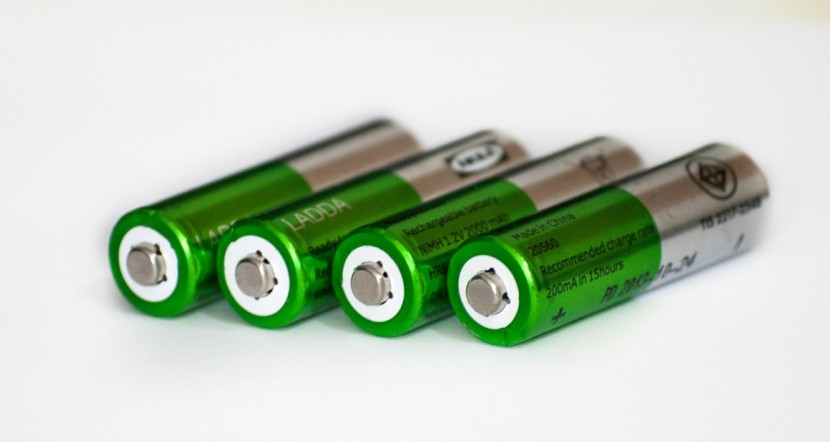
Lithium batteries power many portable electrical devices as well as heavier machinery and vehicles. This battery has been significantly improved over the years and many manufacturers use it because of its long-lasting energy density, and the availability of many types of batteries with different types of chemicals makes it suitable for a wide range of different electrical applications.
Because of these chemicals, there has always been a risk when using Samsung 25r lithium-ion batteries. When buying electrical appliances or lithium-ion batteries alone, it is recommended that you choose one from a well-known brand or a brand with which you already have some previous experience. Well-known brands stand to improve and perfect their products, especially taking care to reduce existing risks.
Lithium-ion batteries store electricity that contains flammable electrolytes and other flammable components. Therefore, lithium-ion batteries will react differently compared to lead batteries whose electrolytes are water-based.
Accidents and fires continue to occur due to the uncontrolled release of chemically stored battery energy, although standards for the development of lithium-ion batteries have improved in recent years.
Why Some Lithium-Ion Batteries Catch Fire Or Explode Unexpectedly
There have been many reports of lithium-ion batteries catching fire or exploding without a reason. Unfortunately, there are still battery manufacturers in the world who don't care much for safety, as long as the profit margin is high enough.
Some of the reasons why lithium batteries malfunction includes:
Inadequate use, such as mechanical damage during a fall, damage to the protective housing caused by sharp objects, bending, etc.
Internal short circuits (mostly caused by poor assembly)
Battery overload
Other technical and structural reasons
In addition to improper use, there is another source of danger that lies in the cells and batteries themselves and these are strong currents that come with rising temperatures. They are caused by electric arcs, short circuits, and many other reasons.
The Potential Hazards Of Lithium-Ion Batteries Are Determined By The Product Design
For low power appliances such as computers, multimedia and small electronic devices there is very little risk in use. For moderate power users such as bicycles, garden tools, various small vehicles, there is a medium risk, and for high power users of 60 volts or more, there is a much higher risk of malfunction.
Of course, there are always risks, but with adequate use as prescribed by the manufacturer, users don't have to worry so much because the risk is reduced to a minimum. After all, the manufacturer and various testing institutes test the safety of batteries and products powered by lithium-ion batteries before releasing them on the market.
For example, Samsung is a well-known brand and just a few years ago, they experienced a fiasco of global proportions. Their Galaxy Note 7 model had a massive issue with the battery, where many cases have been confirmed that the phones caught fire or even exploded! Specifically, these phones started to heat up on their own, catch fire and eventually explode. One customer said that she only wanted to take a picture, but the phone turned off. She tried to turn it on for a few minutes but the phone didn't respond. She put the phone down on the table as it started to get warmer and after a few moments smoke was seen and then the phone exploded. Fortunately, no one was injured.
Many more examples can be found online and it was one of the biggest hits Samsung could experience. They had to recall more than 2 million phones from the market! It was a $5.3 billion mistake that could have easily brought this South Korean giant to its knees. Thankfully, they quickly managed to get back up on their feet by releasing a newer model!
© 2026 HNGN, All rights reserved. Do not reproduce without permission.








